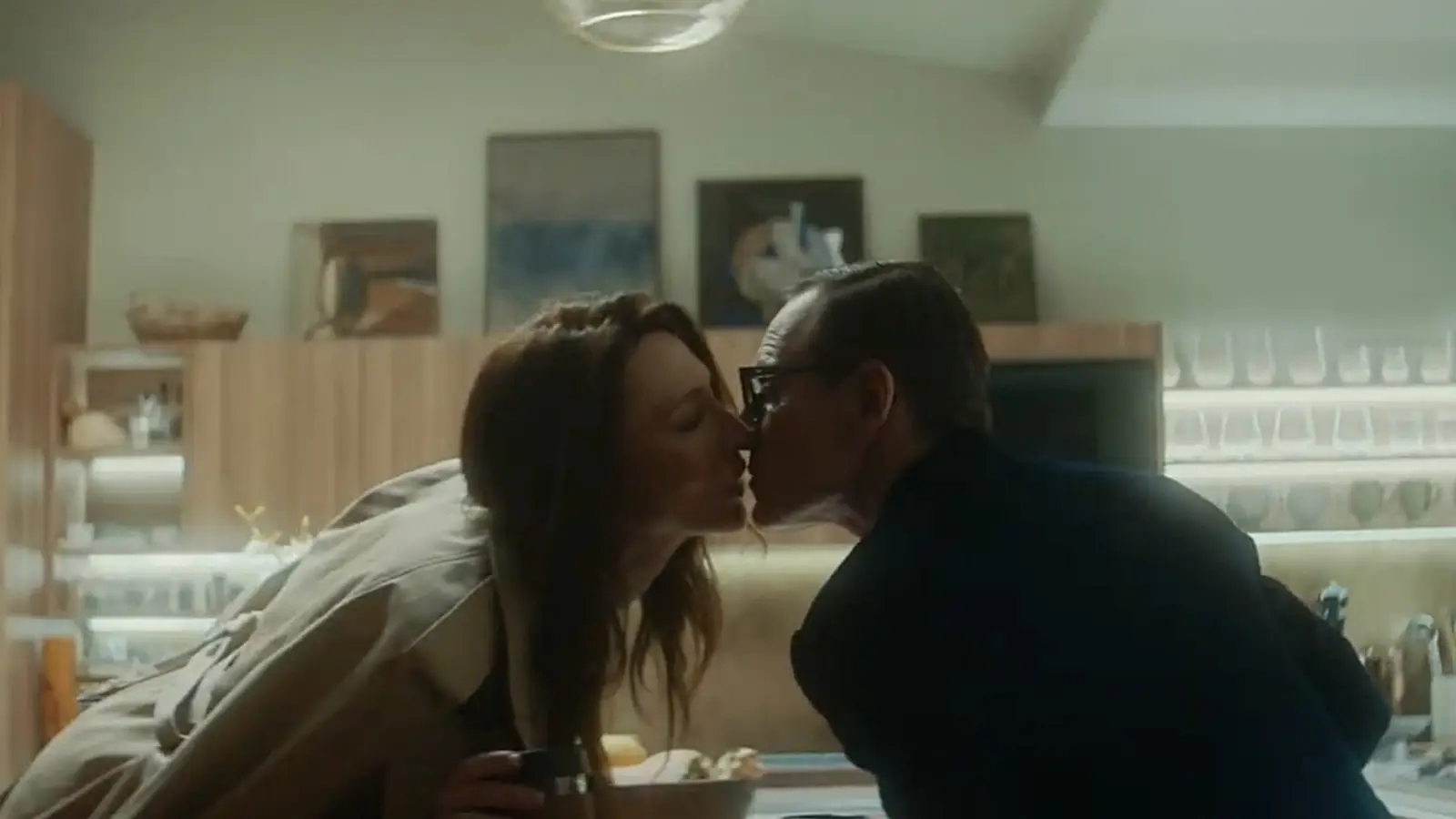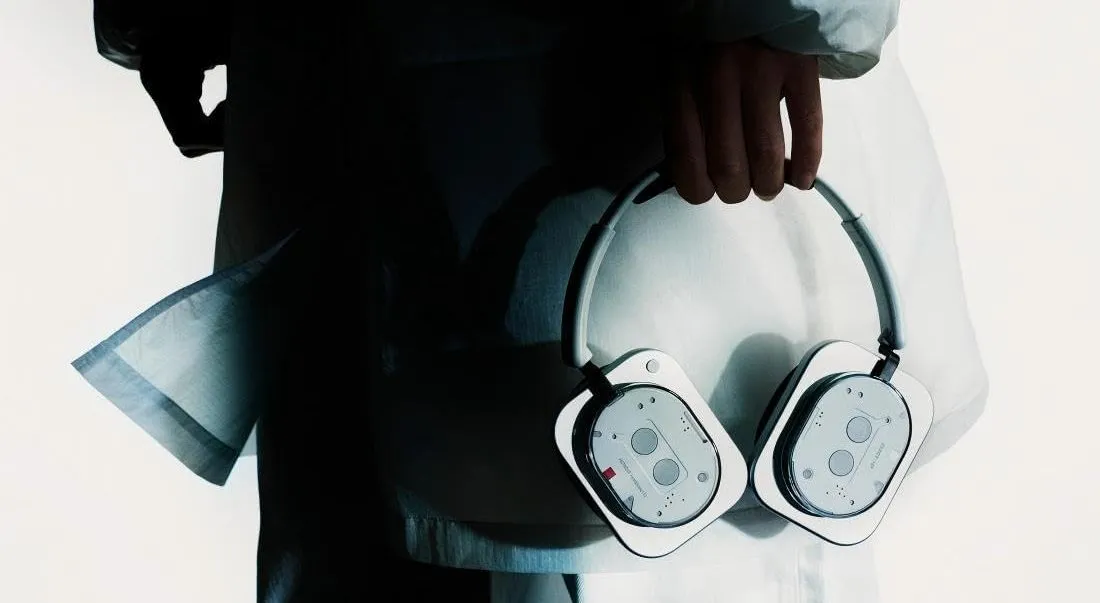Copyright Screen Rant

One of my most anticipated movies of the year was Steven Soderbergh's Black Bag, starring Michael Fassbender and Cate Blanchett as a spy couple. Soderbergh has been releasing tight, compelling thrillers over the past years, even though they have often flown under viewers' radars. I thus consider him to be one of the most consistent directors of our time. Despite glowing reviews for Black Bag, the movie has remained underseen in the seven months since its release. Soderbergh's uncanny ability to subvert the tropes common to the genres of his films is on full display in this film, as it resists the temptation that an overwhelming number of movies have given into, over the past few years especially. Black Bag is among the best movies of 2025, switching up the formula of espionage thrillers that the James Bond franchise has created. However, a Bond movie would not do what Black Bag has done, because it prioritizes dialogue and narrative suspense over action. I'm grateful Soderbergh chose this approach, as it puts the spotlight on the subversion. The Couple Stays Loyal In Black Bag Michael Fassbender and Cate Blanchett play George and Kathryn Woodhouse, respectively, both of whom work for the National Cyber Security Council. George is tasked with catching the agent who leaked a top-secret program called Severus, and among the suspects is his wife. He narrows down the suspect list to a total of five people, including Kathryn, and starts investigating. Despite having the perfect premise for an action-heavy spy thriller, the film doesn't feature even one major action set piece. The premise instead becomes a means to explore the role of trust in a marriage. George encounters suspicious evidence against Kathryn at every step, but the conclusion of the film hinges on him realizing why he has faith in her. The ending of Black Bag sets it apart for me, because that's when you realize this movie is not automatically cynical like many others of its kind. It genuinely believes in its characters' ability to survive the challenges of working in espionage, and that is a refreshing approach to a genre overwhelmed by instances of fatal mistrust among partners. Because Black Bag refuses to succumb to the temptation of allowing the discord between the couple to fester, you find yourself believing in the strength of George and Kathryn's marriage. Every marriage has secrets, but both of them are spies who must keep secrets from each other, and yet, their mutual trust proves too strong for the Secret Service's manipulation. Black Bag's Setting Contributes To This Theme Steven Soderbergh's vision for the story manifests in the form of placing George and Kathryn in an environment of sterile precision. The offices are cold, the conversations are brief, the relationships are transactional, and every bit of information is need-to-know. This isn't an atmosphere conducive to creativity or romance, but the couple's love for each other flourishes in this world. George and Kathryn's house is always bathed in a warmer light in scenes that feature just the two of them. Their dialogue is distinctly easygoing. They switch between topics with a fluidity that's absent elsewhere, and they seem comfortably and adorably in love with each other in this slice of domestic bliss in a world full of deceit and suspicion. I wholeheartedly agree with Black Bag's Rotten Tomatoes score on its debut, which was the best for a Soderbergh film in 35 years. His deliberate, but stylistically leisurely approach to George and Kathryn's arcs highlights the contrast between them and their coworkers. The genius of David Koepp's screenplay is witnessed in the story of a coworker committing adultery, further developing this contrast. Broken Marriages Are Very Frequently Normalized In Movies Today Divorce rates today tell a story of liberation for partners who would have been trapped in horrible situations in a society where they would have had less freedom. However, the way movies embrace marital mistrust as a narrative device today is uncomfortable. A story of a triumphant marriage like George and Kathryn's is a rare sight in today's cinematic landscape. Communication as a means to navigating discord has always been scoffed at as not being cinematic enough to ever leave the confines of low-to-mid-budget indie romance films. However, the uptick in films that present a cynical reality where marriage simply cannot survive any major difficulty, which often even normalizes and embraces infidelity as a valid emotional response, is frankly concerning. The strength of Black Bag lies in demonstrating how, despite lacking the ability to be transparent with each other, George and Kathryn are emotionally transparent enough to always have faith in each other. Some of the best movies about fighting couples have, in the past, resisted this trope, too, choosing instead to highlight how there's a loss to be mourned. Black Bag feels like a return to form with its optimistic outlook on trust in romantic relationships. It isn't a dreamy Utopia where George immediately dismisses his wife's inclusion on the suspect list, but one where their love eventually survives. I hope Black Bag can set a precedent where such stories aren't confined to musicals, fantasy, and indie romantic films. Steven Soderbergh Keeps Updating Himself As A Director Steven Soderbergh's response to Black Bag's box office failure is a candid reflection on the expectations of audiences, who simply don't care enough to watch such movies in theaters anymore. This realization is particularly disappointing because Black Bag, with such a stellar cast and a storied director, should have been a major box office contender. As Soderbergh has pointed out, he made a name in the industry by making such mid-budget thrillers, and the statistics today suggest that it'd be impossible for someone else to do the same. Black Bag's poor performance is especially heartbreaking because Soderbergh has consistently proven, through the stories he chooses, that he's grown as a filmmaker over the years.



